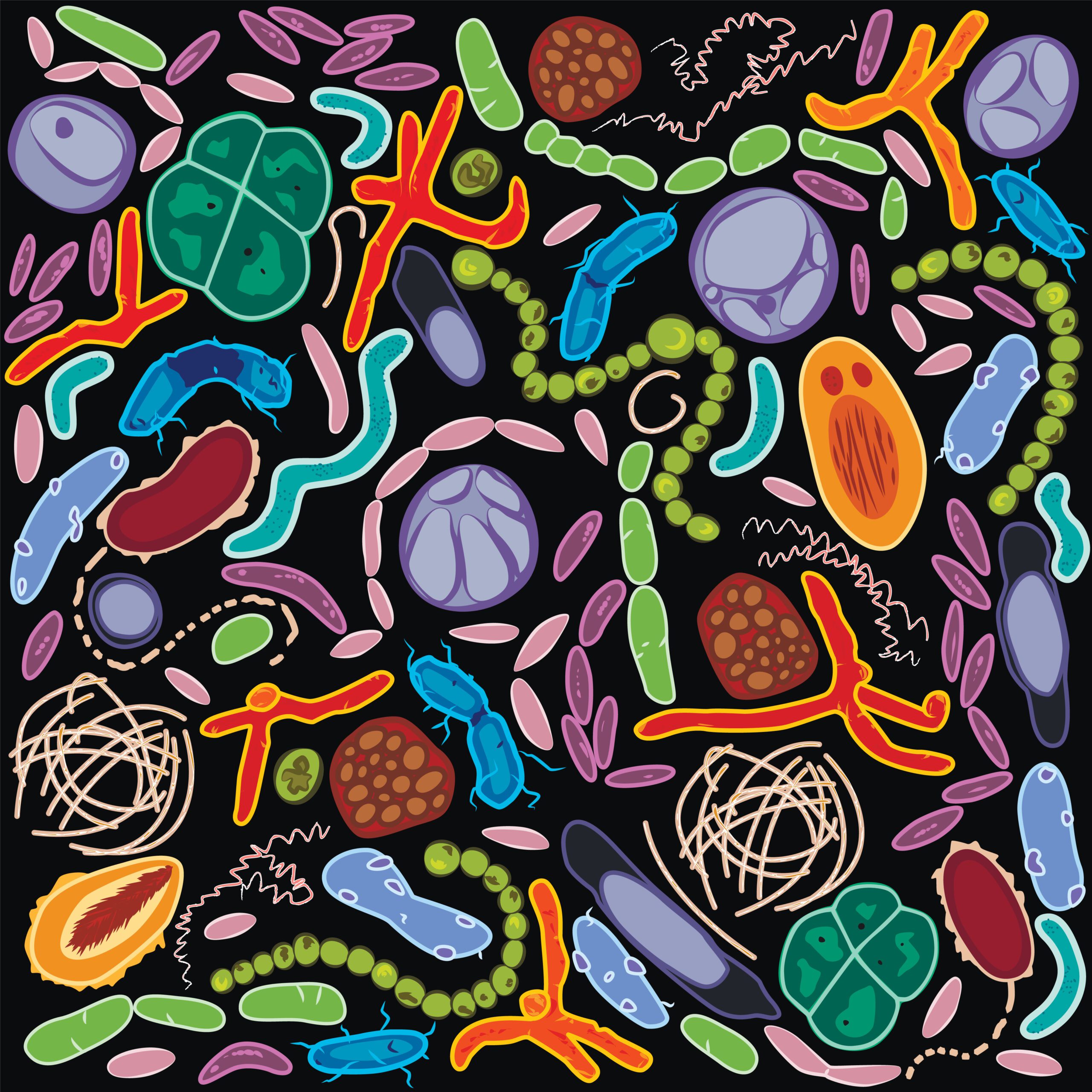
You’ve most likely been hearing the praises of probiotics lately, and it’s no surprise why. Research on probiotics has suggested health benefits ranging from digestive support to promoting healthy cholesterol. But which strains of “good bacteria” should you be incorporating into your daily regimen? In our probiotic series, we take a look at four of the most beneficial strains of probiotics. First up – Lactobacillus Plantarum.
Lactobacillus Plantarum is a part of the genus Lactobacillus in the Lactobacillaceae family. It’s very common in many fermented foods, in anaerobic plant matter as well as in your saliva. In fact, it may be unknown to many, but saliva is where the species was first isolated. Today the benefits of Lactobacillus Plantarum are still being widely studied at the Lund University in Lund, Sweden by researcher and M.D. S. Bengmark.
Lactobacillus Plantarum is one of the most beneficial bacteria in your body and can live in your stomach for a long time. It continuously fights disease and prevents entry of pathogenic microorganisms that might otherwise cause disease, as well as prevent them from growing. It also provides excellent benefits to the colon by preventing the intestinal lining from being attacked by bacteria that might also enter the blood stream, causing further damage and destruction of the body.
Lactobacillus Plantarum is one of the largest genomes in the lactic acid bacteria group and is such a versatile species that its benefits to the human body are almost unending. You need this good bacterium in your body for your entire life, regardless of age. It can provide treatment for irritable bowel syndrome, decrease Crohn’s disease symptoms, help heal colitis and act as one of the best probiotics for aiding your intestines with digestion.
Lactobacillus Plantarum has an uncanny ability to quickly digest protein and liquefy gelatin, making it very beneficial in not only treating, but also preventing food allergies. It also performs the functions of regulating immunity and stomach inflammation. Of even more importance to the human body is its ability to absorb and maintain important nutrients such as omega-3 fatty acids, vitamins and anti-oxidants, making it vital for fighting infection and taking control over the “bad” bacteria.
In many cases where patients are taking antibiotics for an infection they develop a yeast infection, which contributes to good bacteria becoming destroyed. This is not the case with there is an adequate amount of Lactobacillus Plantarum in the body. They manage to continue to do their job while allowing the antibiotic to do its work as well. They continue to fight infection and provide the body with the nutrients and preventative measure to fight bad bacteria.
Many doctors and surgeons rely on this popular and beneficial strain both before and after performing a colonoscopy on patients. In fact, many surgeons will not perform colonoscopies without ensuring a treatment of this powerful probiotic pre- and post-operative. There are many reasons for this decision but the major reason is its ability to treat and prevent intestinal infection or inflammation and for the many healthful benefits it provides to the colon.
The most important contribution Lactobacillus Plantarum provides to the colon, stomach and entire intestinal tract is its constant production of “good” or “friendly” bacteria, which overrule the bad bacteria. While you can obtain this valuable dietary aid through certain foods, supplements also offer an easy and inexpensive way to ensure you’re getting enough of this essential probiotic. Visit the Bacteral website for more information on supplementation with probiotics.


In recent years, seed milks have gained popularity as a nutritious and eco-friendly alternative to dairy and other plant-based milks. Marketed as a healthy option, these beverages are often touted for their rich nutrient profiles and sustainability. However, a closer look reveals that not all seed milks are created equal. Many contain hidden ingredients and […]


NOTICE TO THE PUBLIC! A vast array of products seen in American grocery stores are notably absent on European shelves. This is not due to a lack of international trade but rather stringent food safety regulations in the European Union. Many popular American foods are banned in Europe due to concerns about health risks and […]


Did you know that there lurks an invisible ingredient in meat that has been raising health concerns —It is called meat glue- scientifically known as transglutaminase? Transglutaminase is an enzyme used to bind pieces of meat together to create larger, more uniform cuts that creates a seamless appearance. According to the American Meat Institute, it […]